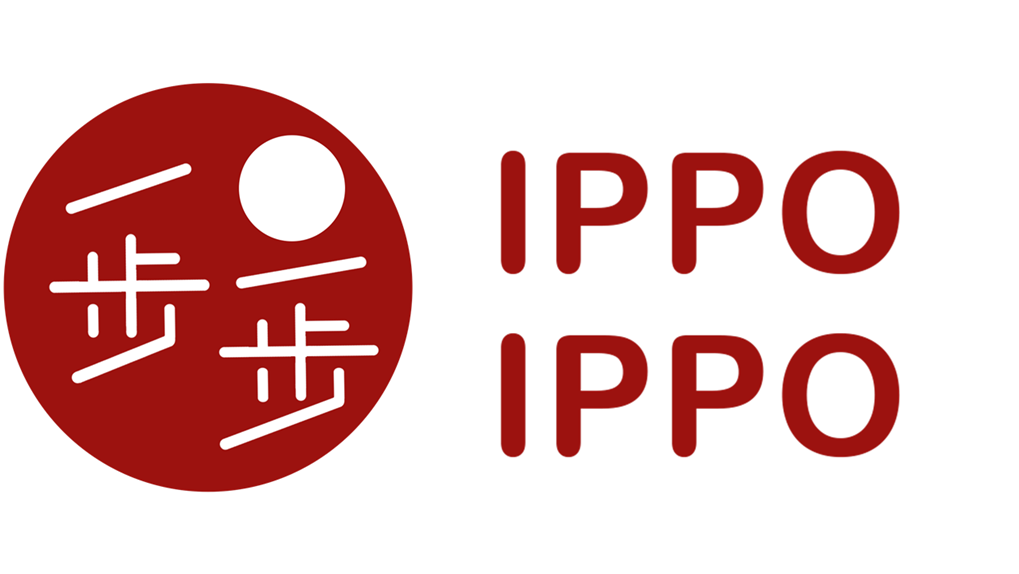Posted: 20th October 2022
Hello and welcome to the Ippo Ippo Japanese Word of the Week!
This week's word is...
お大事に!(o-daiji ni)
What does it mean?
Technically more an expression than a word, お大事に (o-daiji ni) simply means "get well soon" or "take care of yourself".
I've had a lot of use for お大事に (o-daiji ni) over the past few weeks as pretty much everyone I know (including myself!) seems to have been struck by the cold and flu season.
If you've ever wondered how to say "get well soon" in Japanese, read on for more info on how to use this phrase with different people in your life!
How to Use お大事に (o-daiji ni)
Even if you've come across お大事に (o-daiji ni) before, you may not be aware that this phrase is actually short for お大事にしてください (o-daiji ni shite kudasai). The してください (shite* kudasai) part simply means "please do" - in other words, "please do take care of yourself/get well soon".
- *Note: yes, "shite" looks a bit funny in rōmaji! However, this is actually two syllables in Japanese: shi (like the "shee" in "sheep") and "te" (like in "ten").
So is お大事に (o-daiji ni) appropriate regardless of who you're talking to? Strictly speaking, no.
If you're among friends, family and others close to you, お大事に (o-daiji ni) is perfect. You might even add a friendly ね (ne) on the end: お大事にね (o-daiji ni ne)!
However, with someone who is socially "superior" to you in some way, e.g. your senior at work or perhaps a teacher, the ideal phrase to use is お大事になさってください (o-daiji ni nasatte kudasai).
But hold on: what happened to お大事にしてください (o-daiji ni shite kudasai)?
Funnily enough, I'd say you're less likely to come across this phrase than either of the other two I've mentioned. This is not because してください (shite kudasai) is wrong in any way, but rather that なさってください (nasatte kudasai) is the more failsafe option to show respect when a casual お大事に (o-daiji ni) won't quite cut it.
If you're curious about why なさって (nasatte) is more polite than して (shite), this is because なさってください (nasatte) is the honorific keigo (extra respectful) version of して (shite). These come from the verbs なさる (nasaru) and する (suru) respectively. While essentially they both mean the exact same thing, なさる (nasaru) gives an extra layer of politeness, elevating the position of the person you're talking to.
If you've not come across keigo before, don't worry too much for now - you'll have plenty of time to think about it in future! However, I always recommend that my students start picking up the odd keigo phrase here and then from early on, as it can help save effort further down the line, so it may be worth making a note of お大事になさってください (o-daiji ni nasatte kudasai).
Bonus Note: 大事 (daiji)・大事にする (daiji ni suru)
Now we've looked at how to use the phrase お大事に (o-daiji ni), here's a bonus note on the word 大事 (daiji), which is a key part of this phrase.
大事 (daiji) has a few potential translations in English, including "important", "valuable" and "precious". Here are some examples of how it can be used:
- 大事な話がある (Daiji na hanashi ga aru - I have something important to say / We need to talk)
- 努力することが大事です (Doryoku suru koto ga daiji desu - It's important to put in effort)
- 彼は人付き合いにおいてコミュニケーションを大事にしている (Kare wa hitozukiai ni oite komyunikeeshon wo daiji ni shiteiru - He values communication in his relationships)
In the last example, you may notice the phrase 大事にしている (daiji ni shiteiru). This comes from the verb 大事にする (daiji ni suru), meaning "to value", "to take care of" or "to cherish". In fact, this is also where お大事にしてください (o-daiji ni shite kudasai) comes from!
One final handy phrase that uses 大事にする (daiji ni suru) is:
- 大事にします (daiji ni shimasu - I'll treasure it)
This is a great way of showing appreciation when receiving a gift.
Source & More Info
- 【大切】と【大事】の意味の違いと使い方の例文(例文買取センター)- source in Japanese
You've reached the end of this post! I hope you enjoyed it.
For updates on posts like this sent straight to your inbox, sign up to my newsletter (sent no more than once a month):

Support Me on Ko-fi
If you've enjoyed this post and would like to see more like it in future, please consider sending a donation - however small! - via Ko-fi. I don't include any affiliated links or ads on my blog, so every little helps!
Please donate via the portal below or by going directly to the Ippo Ippo Japanese Ko-fi page.







